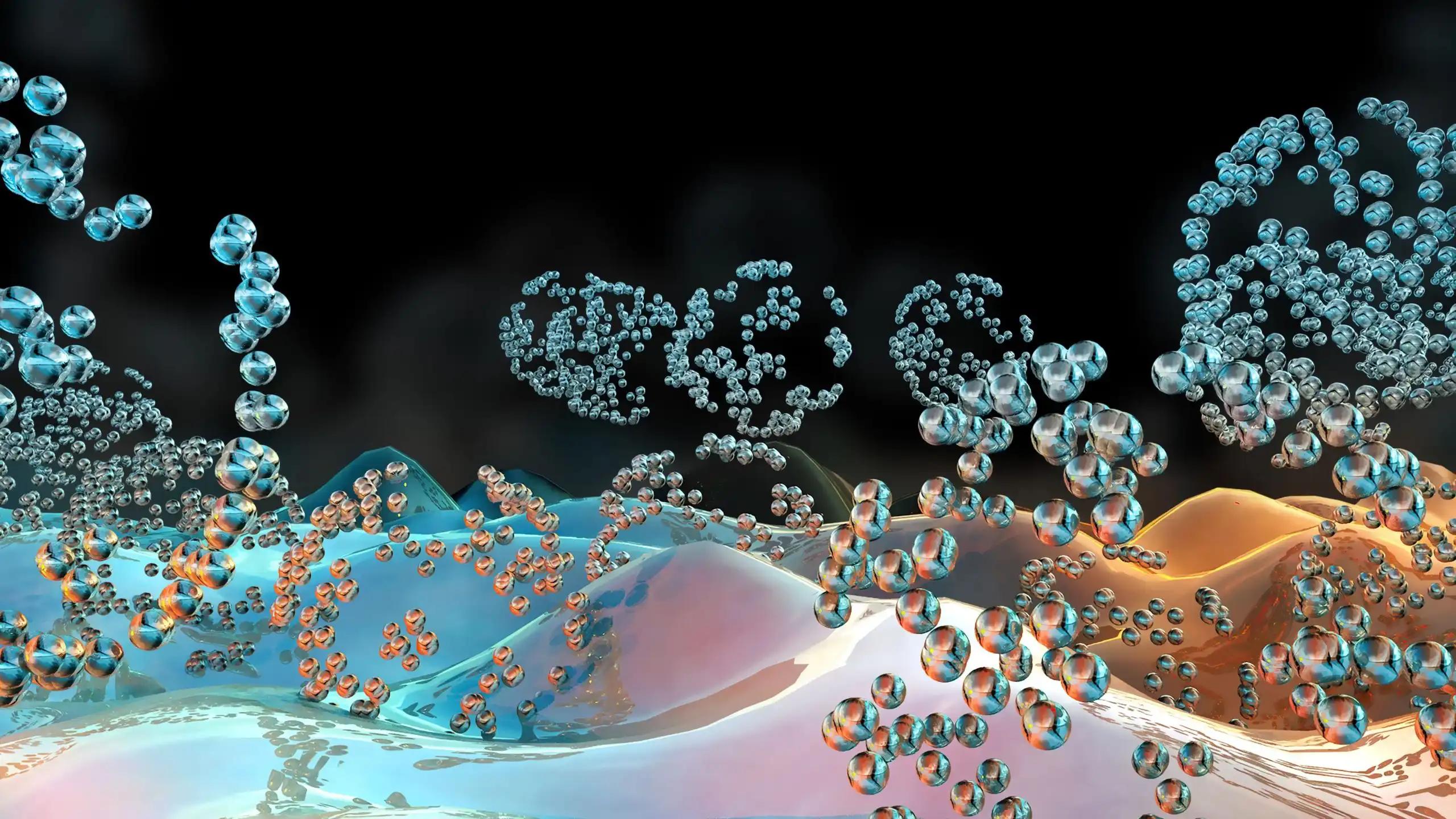KEY TAKEAWAYS
- The prospective multicentric trial studied systemic complement activation after allo-HCT.
- This study showed that post-allo-HCT complement activation is linked to poor survival, acute GvHD, endothelial issues, and infections.
Complement activation (CA) has been implicated in murine graft-versus-host-disease (GvHD) models and post allogeneic hematopoietic cell transplantation (allo-HCT) endothelial issues. Still, its full impact on post-transplant results is unclear.
Researchers ran a multicenter prospective trial examining complement cascade activation in 85 patients (pts) undergoing MAC for hematologic cancers. They took serial measurements of complement components (C3, C4, Factor B) and regulators (C1i, CD46, CD55, CD59, CD88, Factor H, Factor I), along with CH50 activity, for 12 weeks post-allo-HCT. These metrics were correlated with clinical outcomes and characterized complement deposition in acute GvHD target organs.
Kinetics of C3, C4 plasma levels, and CH50 activity revealed that 26 pts had a complement “activated” profile characterized by a post-HCT decline in these components. No significant changes in Factor B or complement regulators like C1i, Factor I, CD46, and CD55 were observed, indicating no alternative pathway activation or impaired inhibition. The remaining 59 pts had stable or increasing levels of C3, C4, and CH50 (“non-activated” group).
Both groups had similar pre-HCT characteristics, except for a higher rate of advanced diseases in the activated group (p=0.01). Median time for CA occurrence was 21 days post-HCT. Time-dependent COX models showed that CA was linked to increased non-relapse mortality, poorer overall and progression-free survival, and a higher incidence of grade II-IV acute GvHD, especially gastro-intestinal (GI) GvHD. CA preceded the onset of GI symptoms and was correlated with thrombotic microangiopathy, capillary leak syndrome, post-engraftment bacterial infections, and EBV reactivation.
Supported by the robustness of a prospective study, the results indicated that classical complement activation post-allo-HCT correlated with negative outcomes, including poor survival rates, acute GvHD, endothelial issues, and infections. It also suggested a pathological role in severe GI GvHD. These results endorsed the prognostic role of monitoring complement activity after transplantation and set the stage for evaluating complement inhibition methods for treating alloreactive complications.
Source: https://ebmt2023.abstractserver.com/program/#/details/presentations/1768
Clinical Trial: https://classic.clinicaltrials.gov/ct2/show/NCT01520623
Noratantonio, A.B., D’Aveni-Piney, M., Asrhaf, Y., Pagliuca, S., Galimard, J.E., Xhaard, A., Marçais, A., Suarez, F., Brissot, E., Feugier, P., Urien, S., Bouazza, N., Meatchi, T., Bruneval, P., Fremeaux-Bacchi, V., Peffault de Latour, R., Hermine, O., Durey-Dragon, M.A., Rubio, M-T. OS05-04 SYSTEMIC COMPLEMENT ACTIVATION INFLUENCES OUTCOMES AFTER ALLOGENEIC HEMATOPOIETIC CELL TRANSPLANTATION: A PROSPECTIVE FRENCH MULTICENTER TRIAL.



